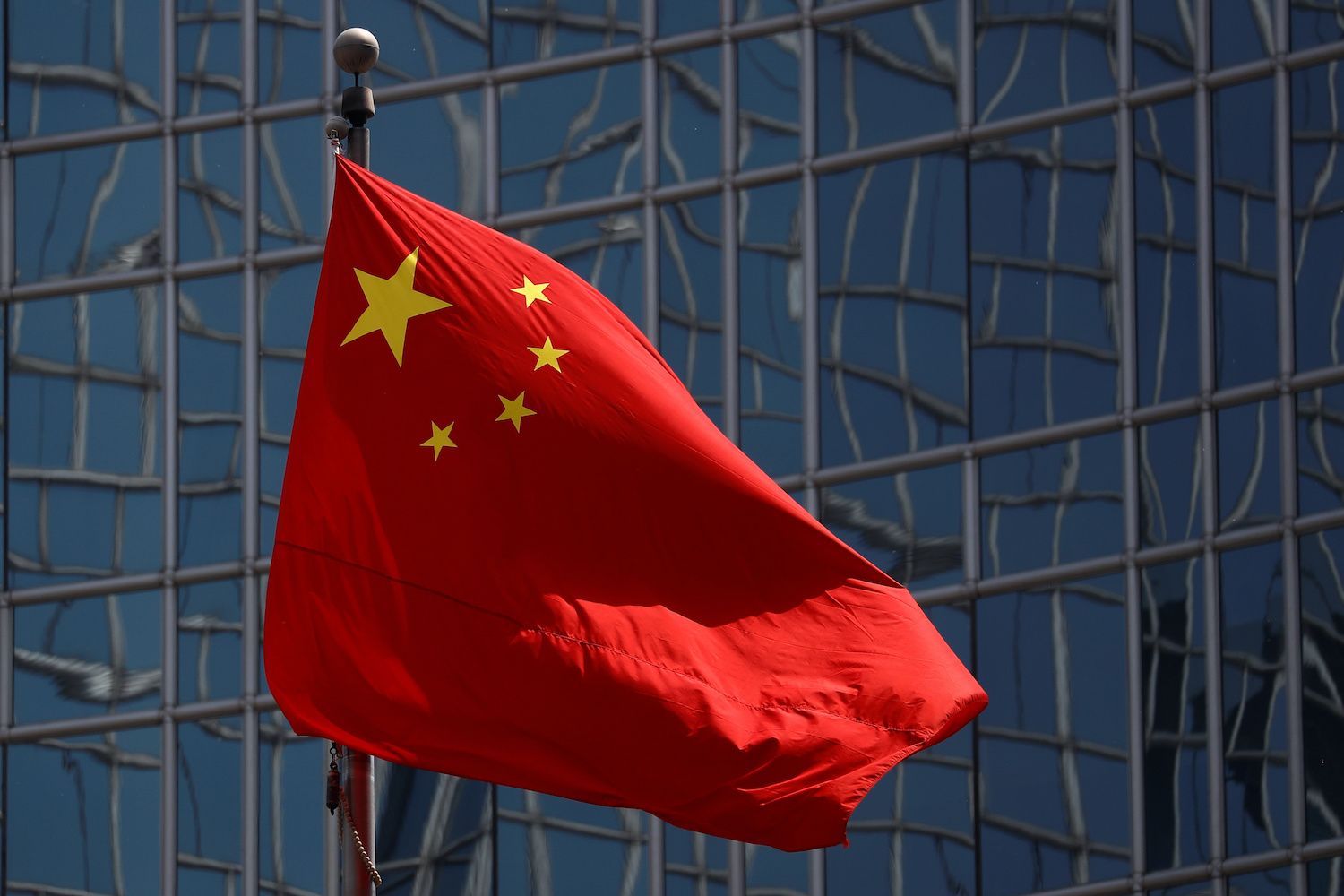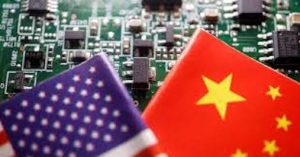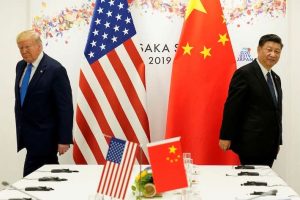China’s US rare earth conundrum
The United States cut off the supply of microchips to Huawei causing much ire. Why has China not retaliated by imposing rare earth sanctions to “cut the throat” of American industry, asked Chinese media Netease?
The answer, it says, is because “doing this now, we won’t offer any benefit”.
In 2014, China adopted a policy of restricting the export of rare earths, which led to a lawsuit because it did not comply with WTO regulations. Not only did the move fail to strike the US it also dealt a blow to China’s rare earth industry.
Why did this happen, asked Netease? First of all, China is not the only producer and exporter in the world. If it bans exports, the US will look for other suppliers to replace China, and at the same time mine rare earths at home; the US has already established a rare earth reserve base.
Additionally, that will send the price of China’s rare earths falling, harming its national interests and having little effect on the US.
China also has to import a large amount of rare earths. Reserves should be kept for emergencies, Netease wrote. If the export of rare earths is banned, that means that will automatically withdraw from the international rare earth market, and it can only consume its own rare earths. Once the reserves are used up “other countries will hold our necks again”, Netease wrote.
After 100 years China issues first flag regulation
The Central Committee of the Communist Party of China (CCP) has issued the first law covering the use of its flag.
The CCP, which marks the centenary of its formation this week, published “Regulations on the Party Emblem and Flag of the Communist Party of China”, and issued a notice requiring all regions and departments to comply with them.
It says the flag is the symbol and emblem of the Communist Party of China. Upholding the dignity of the party emblem and flag is to uphold the dignity of the party. It is a political responsibility that party organisations at all levels and each party member must perform.
Gas prices rise as predicted
The National Development and Reform Commission has increased the price of petrol and gas, according to state-run CCTV.
Domestic petrol and diesel prices have been increased by 225 yuan and 215 yuan per ton, respectively. Nationally, 92 gasoline has been increased by an average of 0.18 yuan per litre; 95 gasoline by 0.19 yuan and diesel by 0.18 yuan. No. 92 gasoline in retail links in most parts of the country has also returned to the range of 7 yuan.
The cost of filling a 50-litre tank family car will now cost an extra 9 yuan.
Stock market roller coaster
In China trade today organic silicon makers rose, with Chenguang New Materials and Sanfu rising by the daily limit. Battery, chemical fibre and other sectors were the top gainers, while silicon carbide, pork and other sectors led declines.
Automobile stocks continued their decline from recent gains, with Xiaokang shares falling to their daily limit, and BAIC Blue Valley, Dongfeng Motor, Changan Automobile, and Jianghuai Automobile also down.
Looking ahead, Guosheng Securities said that technically, after the Shanghai Stock Exchange stood at 3,600 points, there is still demand for consolidation in the short term. The trillions of yuan in trading volume also highlights the strong willingness of the market’s main funds to get into the market.
The index is still expected to continue to rise. Bargain-hunting quietened for the recent strong performance of lithium batteries, new energy vehicles, chips, photovoltaics, carbon neutral and other sector stocks.
BOC Securities said profitability is supported in the long term by the continued recovery of global fundamentals, the phased easing of liquidity tightening expectations and the bottoming out of market.
In terms of profitability, overseas recovery continues, and domestic economic resilience, supported by infrastructure and external demand, is expected to exceed expectations. In terms of liquidity, overseas tightening expectations have begun to diverge, domestic inflationary pressures are limited, and the liquidity environment will remain stable. In terms of risk appetite, earnings resilience is stronger than overseas tightening expectations, and market risk appetite has gradually strengthened.
Beijing issues first corporate bond
Beijing’s first “public issuance of corporate bonds to professional investors in 2021” has been approved, according the Shanghai Stock Exchange.
Beijing Capital will issue a billion-yuan note underwritten by Beijing Capital Securities. Beijing Capital was established in August 1999 and has registered capital of 7.341bn yuan. Its scope of business includes: real estate project development, sales of commercial houses; tap water production and supply.
International banks back new energy issuance
Major overseas banks are among investors likely to back fuel cell company Yihuatong’s 200 million yuan debt sale, hoping to get into the new energy sector in its infancy.
UBS, BAIC New Kinetics, JPMorgan and Morgan Stanley have joined the book building process.
The Shnaghai-based firm is raising capital to develop a fuel cell comprehensive test and evaluation centre. UBS will subscribe to 360,000 shares for 85 million yuan.
Yihuatong is a leading fuel cell company but its performance has been hampered by the immaturity of the industry. International lenders have frequently made moves into fuel cells. According to data from the Hong Kong Stock Exchange, Schroders increased its holdings in Weichai Power. UBS AG, JPMorgan and Morgan Stanley also joined in the 13 billion yuan super refinancing process implemented by Weichai Power, of which UBS invested more than 1.18 billion yuan.
Japan’s Fuji Economic Research Company forecasts the fuel cell market will reach 4.5 trillion yen by 2030, which is 22.6 times that of 2018. China and Europe continue to exert strong momentum in hydrogen energy. Shanghai recently stated that it will build a 100 billion-level industrial cluster. The subsequent landing of hydrogen energy demonstration city clusters is expected to accelerate.
Is China plateauing?
China’s economic recovery from the pandemic downturn may have peaked this quarter, according to Alicia Garcia Herrero, chief economist at Natixis.
Herrero said the divergence of the official manufacturing and non-manufacturing PMIs in May points to a slowing of growth. Declines in exports dragged down the manufacturing readout, while construction helped lift the non-manufacturing print.
























